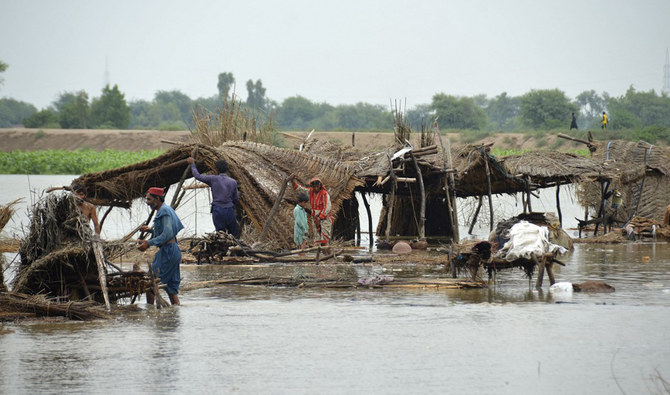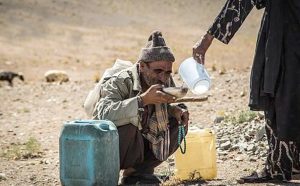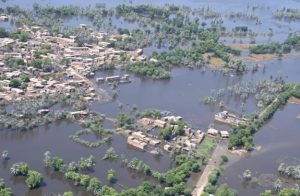
The report by Germanwatch states that the catastrophic floods claimed the lives of over 1,700 people and caused an estimated $15 billion in economic losses. The magnitude of the disaster was so vast that 10% of Pakistan’s land area was submerged, forcing the government to declare a national emergency.

Islamabad – According to the Climate Risk Index 2025, Pakistan was the most climate-affected country globally in 2022. Devastating floods affected over 33 million people across the country. More than 8.1 million people were displaced, and over 2.2 million homes were damaged or destroyed. This made Pakistan the country with the highest number of internally displaced persons due to natural disasters in that year.
Experts have emphasized that climate change played a critical role in intensifying these disasters. The report highlights that climate change increased the intensity of monsoon rains by 50%, and made the extreme heatwave from March to May 2022 thirty times more likely. During this heatwave, temperatures in Nawabshah reached 49.5°C (121°F), severely impacting crops, water supplies, and public health.
The floods had a devastating impact on the health sector as well, leading to a surge in waterborne diseases, particularly affecting children and women. The report reveals that the poorest segments of society and women were the hardest hit. Women working in the agricultural sector lost their livelihoods, and incidents of gender-based violence in displacement camps increased.
The United Nations and other global institutions have described this disaster as a case of climate injustice, noting that Pakistan contributes less than 1% to global greenhouse gas emissions, yet bears some of the worst consequences.
The Climate Risk Index urges immediate climate finance for countries like Pakistan to support recovery, adaptation, and preparedness for future risks. The report warns that without urgent global action against climate change, such extreme events will become the “new normal”, affecting not only developing nations but humanity as a whole.




